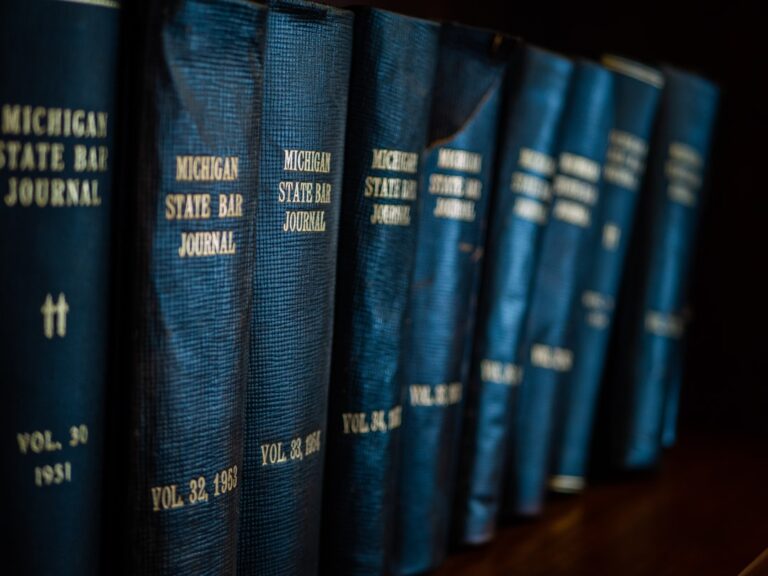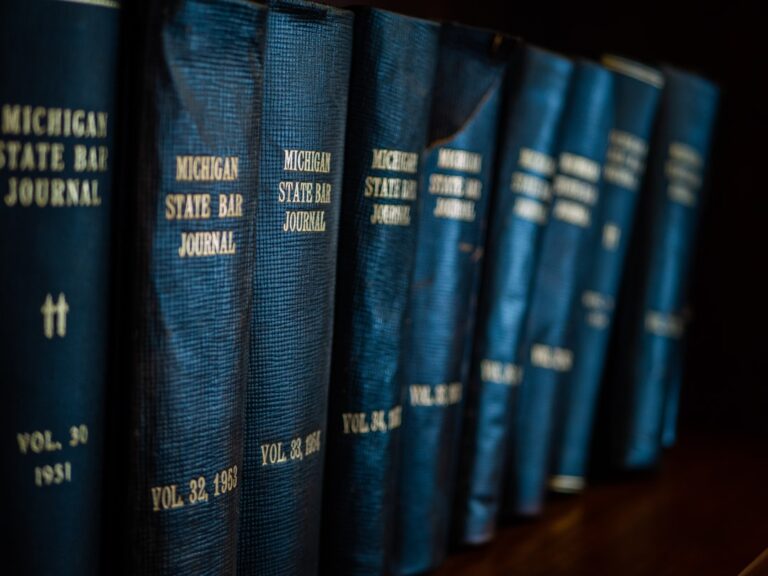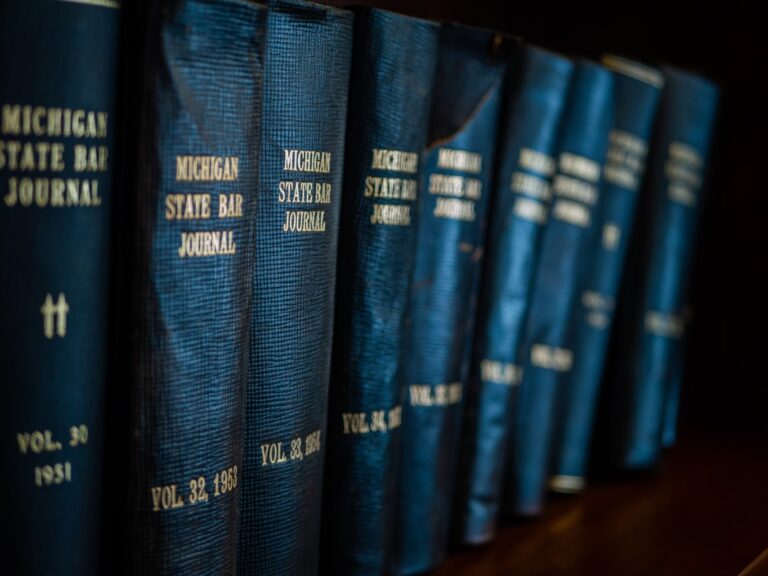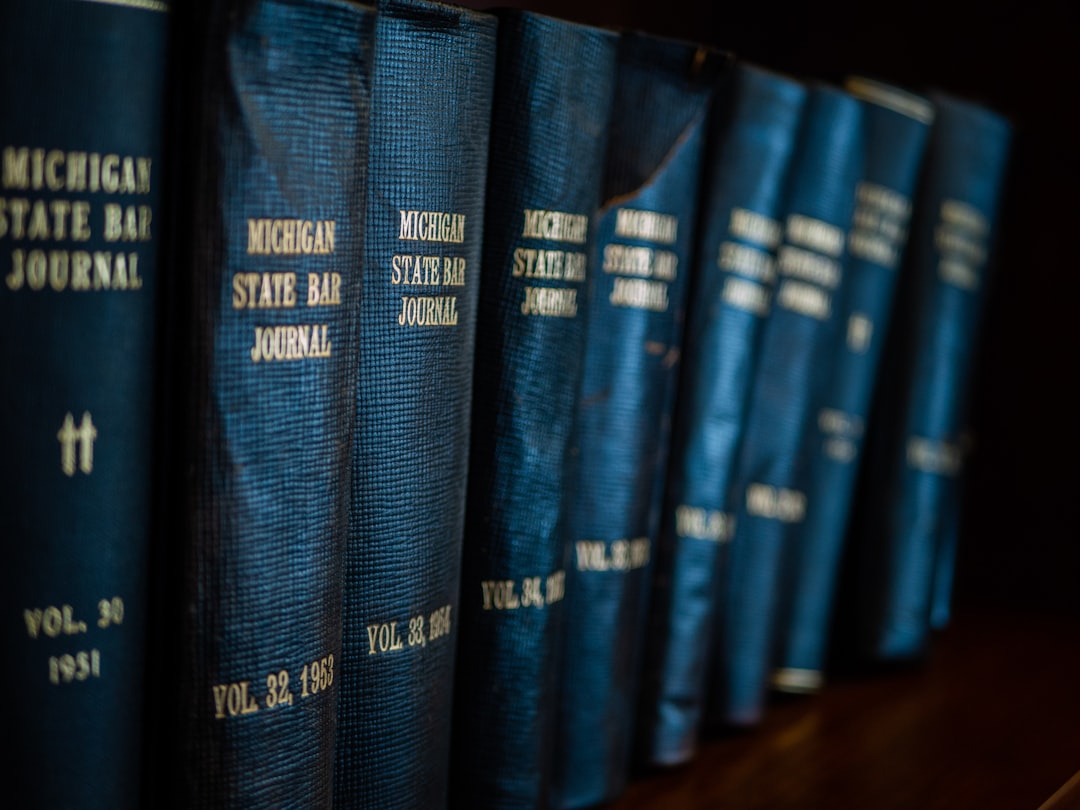Pennsylvania's strict legal framework protects students from sexual abuse through mandatory reporting, staff training, and safe procedures. Educational institutions are responsible for creating safe environments, implementing policies, fostering open dialogue, and empowering students with knowledge about consent and boundaries. Hotlines, workshops, counseling services, and age-appropriate education enhance safety and support victims. Sexual abuse attorneys in Pennsylvania play a crucial role in advocating for victims' rights and ensuring law enforcement.
In Pennsylvania, addressing sexual abuse within educational institutions is a multifaceted effort guided by stringent legal frameworks. This article delves into the critical strategies employed by schools across the state to prevent and combat such abuses. From legal obligations and comprehensive training programs for staff to robust reporting mechanisms and enhanced student awareness, we explore these initiatives. Moreover, we analyze support systems for survivors and innovative prevention strategies, shedding light on Pennsylvania’s commitment to safeguarding its students with the help of sexual abuse attorneys.
Legal Frameworks: Sexual Abuse Laws in Pennsylvania

In Pennsylvania, the legal frameworks surrounding sexual abuse are stringent and designed to protect students. The state has implemented robust laws that mandate reporting and prevention measures in educational institutions. These laws require schools to have policies in place that include mandatory reporting of suspected or known instances of sexual abuse or assault by any employee, volunteer, or third party. A sexual abuse attorney in Pennsylvania plays a crucial role in advocating for victims’ rights and ensuring these laws are enforced effectively.
Key provisions include the requirement for schools to provide training to staff and students on recognizing and preventing sexual misconduct, as well as the establishment of safe reporting procedures. These legal frameworks not only hold perpetrators accountable but also empower survivors by providing them with a legal recourse through a sexual abuse attorney.
Educational Institutions' Responsibilities and Training

Educational institutions in Pennsylvania have a profound responsibility to create a safe learning environment, and preventing sexual abuse is at the forefront of this mission. This involves implementing robust policies and procedures that address student safety, especially regarding sensitive issues like sexual misconduct. A key aspect is providing comprehensive training for both staff and students. Teachers, administrators, and support staff must be equipped with the knowledge to recognize potential signs of abuse, understand consent, and handle reports or suspicions appropriately. This includes recognizing power imbalances and dynamic shifts that may occur in various educational settings.
Moreover, schools should foster an open dialogue about sexual health, relationships, and boundaries. These conversations can empower students to make informed decisions and potentially deter abusive behaviors. A sexual abuse attorney in Pennsylvania might emphasize the importance of such proactive measures, as they not only protect students but also hold institutions accountable for their duties of care.
Reporting Mechanisms and Student Awareness

Pennsylvania schools are taking significant steps to prevent and address sexual abuse, starting with robust reporting mechanisms. Many institutions have implemented clear and accessible procedures for students to report incidents discreetly and confidentially. These include dedicated hotlines, online reporting forms, and in-person meetings with trusted staff members or counselors. Student awareness is another key focus; schools conduct regular workshops, assemblies, and educational programs to teach young people about consent, personal boundaries, and the importance of speaking up against inappropriate behavior.
By fostering an environment where students feel empowered to report and where adults are trained to recognize and respond appropriately, Pennsylvania schools aim to create a safer space for all learners. This proactive approach not only helps protect students from sexual abuse but also equips them with the knowledge and confidence to seek help if needed, potentially leading to quicker interventions and better outcomes. For anyone in Pennsylvania who has experienced or witnessed sexual abuse, consulting with a sexual abuse attorney can provide crucial guidance on legal rights and options for justice.
Support Systems for Survivors and Prevention Strategies

Many Pennsylvania schools are implementing robust support systems and prevention strategies to address and combat sexual abuse. These initiatives include dedicated counseling services, safe spaces for students to report incidents confidentially, and regular workshops on consent and healthy relationships. School administrators also collaborate with local support groups and organizations, such as those run by experienced sexual abuse attorneys in Pennsylvania, to ensure that survivors receive the necessary care and legal guidance.
Moreover, schools incorporate age-appropriate education into their curricula to raise awareness about sexual abuse, empower students to recognize and report inappropriate behavior, and foster a culture of respect and consent. These proactive measures aim to protect vulnerable individuals, encourage early intervention, and hold perpetrators accountable, ultimately contributing to safer learning environments across the state.





